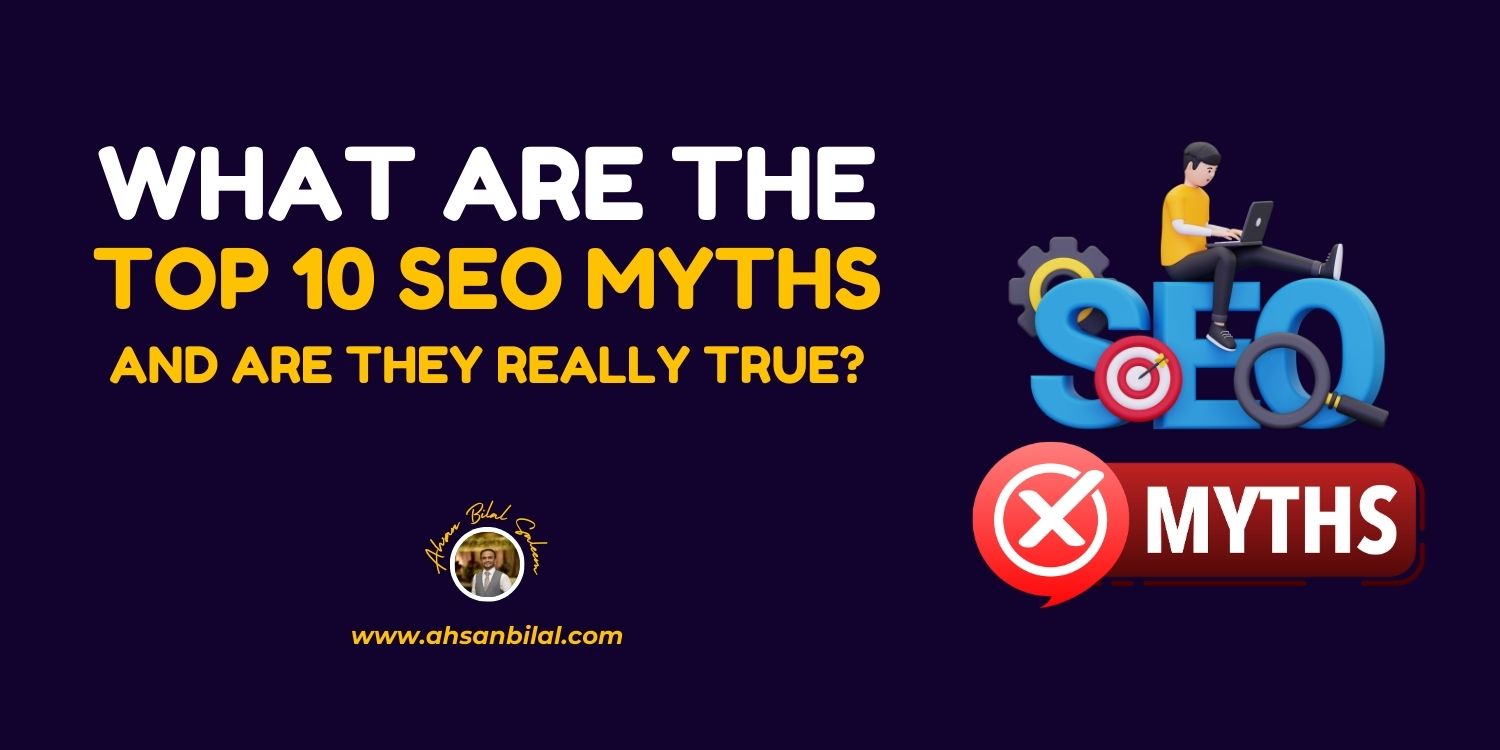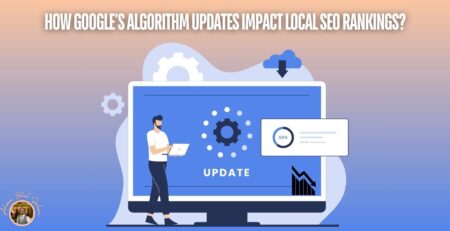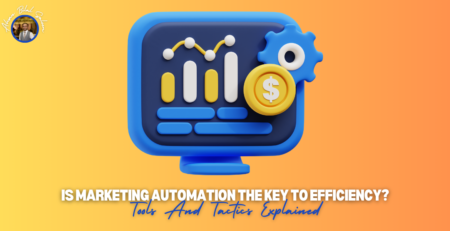What Are The Top 10 SEO Myths And Are They Really True?
In the ever-evolving world of SEO, myths and misconceptions abound. These legends can prompt squandered exertion, misinformed systems, and botched open doors. Let’s debunk the top 10 SEO myths and uncover the truth behind each one.
1. Myth: SEO is a One-Time Task
Reality: SEO is an ongoing process. Web search tools persistently update their calculations, and your rivals are continuously attempting to work on their rankings. Regularly updating your content, optimizing new pages, and staying current with SEO trends is essential for maintaining and improving your rankings.
2. Myth: More Keywords = Better Ranking
Reality: Keyword stuffing can harm your SEO efforts. Web crawlers focus on happy that offers some incentive to clients. Overusing keywords can make your content seem spammy and lower its quality. Center around making superior grade, important substance that normally consolidates catchphrases.
3. Myth: Meta Tags No Longer Matter
Reality: While the importance of certain Meta tags has diminished, others remain crucial. The Meta description still plays a significant role in click-through rates, and the title tag is essential for SEO. Ensure these tags are well-written and relevant to your content.
4. Myth: Duplicate Content Results in Penalties
Reality: Duplicate content doesn’t typically result in penalties, but it can cause issues. Web crawlers might battle to figure out which variant of the substance to rank, prompting lower perceivability. Use canonical tags to indicate the preferred version of a page to avoid these issues.
5. Myth: Social Media Doesn’t Affect SEO
Reality: While social media signals are not direct ranking factors, they can indirectly impact SEO. Social Media can direct people to your site, increment content perceivability, and add to backlink age. A functioning virtual entertainment presence can supplement your Website design enhancement endeavors.
6. Myth: SEO is All About Rankings
Reality: While high rankings are important, SEO is ultimately about driving relevant traffic and achieving business goals. Metrics like organic traffic, engagement, and conversions are equally important. Focus on the overall performance and not just rankings.
7. Myth: Link Building is Dead
Reality: Link building remains a critical aspect of SEO. Notwithstanding, the nature of connections is a higher priority than amount. Center around acquiring backlinks from respectable and important locales. Building relationships and creating shareable content can help in acquiring high-quality links.
8. Myth: More Pages Mean Better SEO
Reality: Quality trumps quantity. Making various inferior quality pages can hurt your Website design enhancement. Instead, focus on developing high-quality, informative, and valuable content. A well-structured, user-friendly website with quality content is more effective for SEO.
9. Myth: Local SEO Isn’t Necessary for Non-Local Businesses
Reality: Even if your business isn’t local, local SEO can benefit you. Optimizing for local search can improve your visibility for location-based queries, especially if you have physical locations or serve specific regions. Asserting and improving your Google My Professional resource can upgrade your neighborhood search presence.
10. Myth: SEO Guarantees Immediate Results
Reality: SEO is a long-term strategy. It can require a long time to see critical outcomes from your Web optimization endeavors. Patience and consistency are key. Avoid any service that promises instant results, as they might use black-hat techniques that could harm your site in the long run.
Conclusion
Understanding and debunking these SEO myths can help you develop a more effective and sustainable SEO strategy. Stay informed about the latest SEO trends, focus on creating valuable content, and remember that SEO is a marathon, not a sprint. By avoiding these common myths, you can set realistic expectations and achieve better long-term results for your website.










